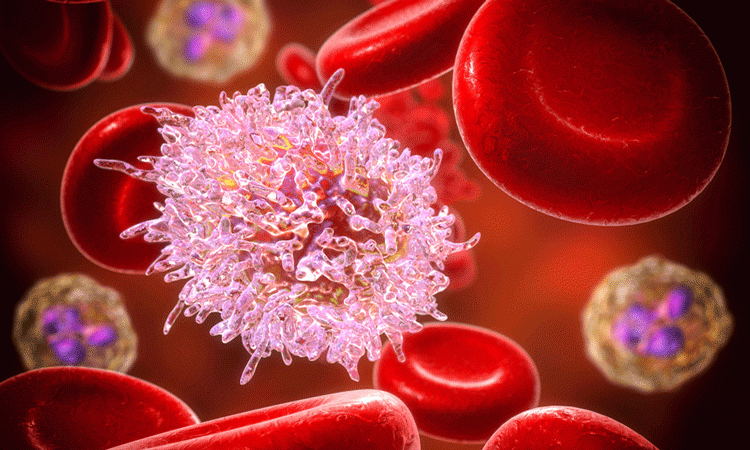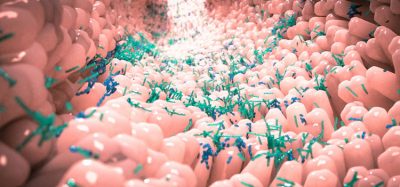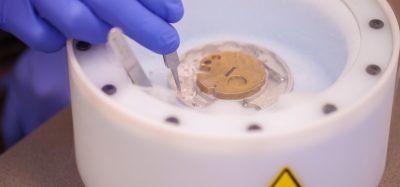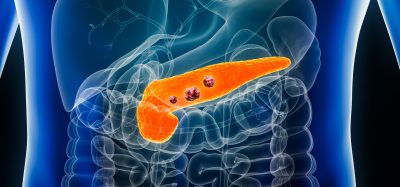Study identifies molecule key in leukaemia treatment resistance
Posted: 28 August 2019 | Victoria Rees (Drug Target Review) | No comments yet
Researchers have found a molecule, which when deleted, increases leukaemia sensitivity to natural killer cells and is a drug target.


A study has discovered a vulnerability in leukaemia cancer cells that could make them more susceptible to being destroyed by the immune system. The researchers say that their findings provide a potential strategy for the treatment of blood cancers.
The team, from Calico Life Sciences, US, say their results could avoid the development of resistant cancer cells by creating a new generation of immunotherapy treatments called checkpoint inhibitors.
…reduced DCAF15 levels were linked to better survival of acute myeloid leukaemia”
Using CRISPR, the team edited the genes in leukaemia cells and then observed how this affected their interaction with natural killer (NK) cells. They focused on a molecule called interferon-gamma (IFNγ), which immunotherapy-resistant tumour cells are often insensitive to.
They found genes involved in the tumour-NK cell interaction and components of the IFNy signalling pathway. This included a molecule called DCAF15, part of a group of ‘adaptors’ that provide specificity to the ubiquitination machinery, which controls certain cell processes including protein turnover.
To investigate this molecule, the researchers deleted DCAF15 from leukaemia cells to see how they responded to NK cells. The absence of DCAF15 sensitised the leukaemia cells to the NK cells.
Having identified DCAF15 as a potential molecule that could sensitise cancer cells to the innate immune system, the scientists looked at whether an experimental anti-leukaemia drug called indisulam, which modulates the activity of DCAF15, would also affect the immune response.
In a range of blood cancer cells, they found that indisulam caused a similar increase in a molecule called CD80, which provides important signals that amplify the immune response, as had been seen in the cells without DCAF15. The team concluded that drugs of this type could be used to boost the immune response towards cancer cells. An analysis of data from patients with leukaemia found that reduced DCAF15 levels were linked to better survival of acute myeloid leukaemia (AML).
“We have identified DCAF15 as an important molecule in controlling the body’s immune response to tumours,” concluded senior author Jeff Settleman, Head of Oncology Research at Calico Life Sciences, at the time of the study. “The finding that an existing drug, indisulam, was able to reproduce the immune-promoting effects of deleting DCAF15, alongside our observation that AML patients with lower levels of DCAF15 had better clinical outcomes, suggest that blocking this molecule may be a beneficial strategy in the treatment of blood cancers.”
The results were published in eLife.
Related topics
Drug Targets, Genomics, Oncology, Research & Development
Related conditions
acute myeloid leukaemia (AML), Leukaemia
Related organisations
Calico Life Sciences, eLife
Related people
Jeff Settleman








